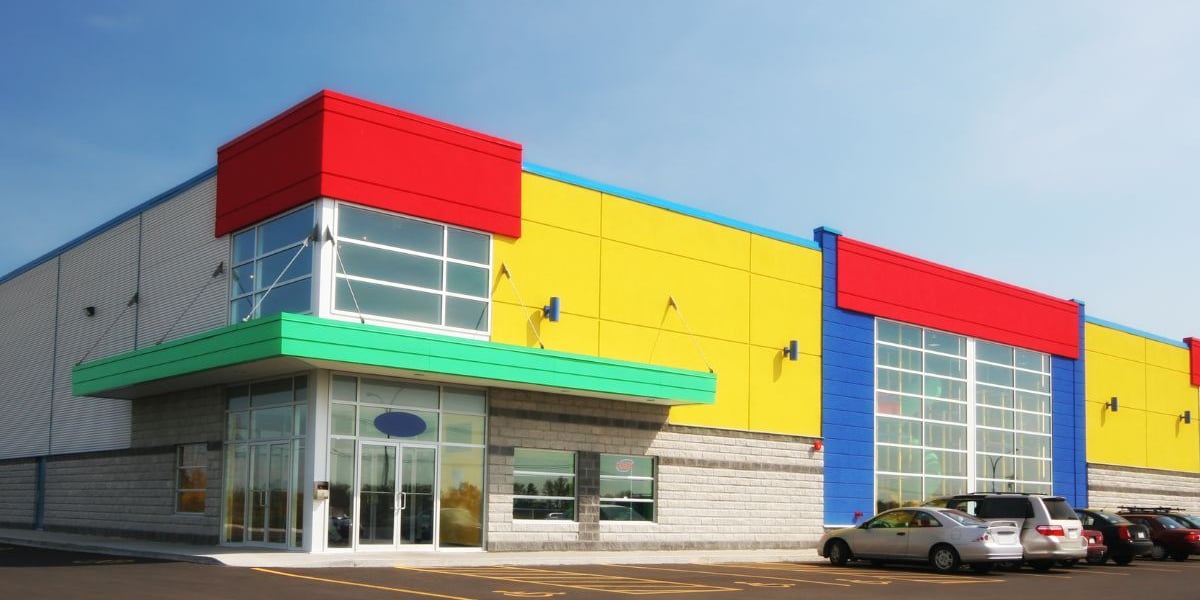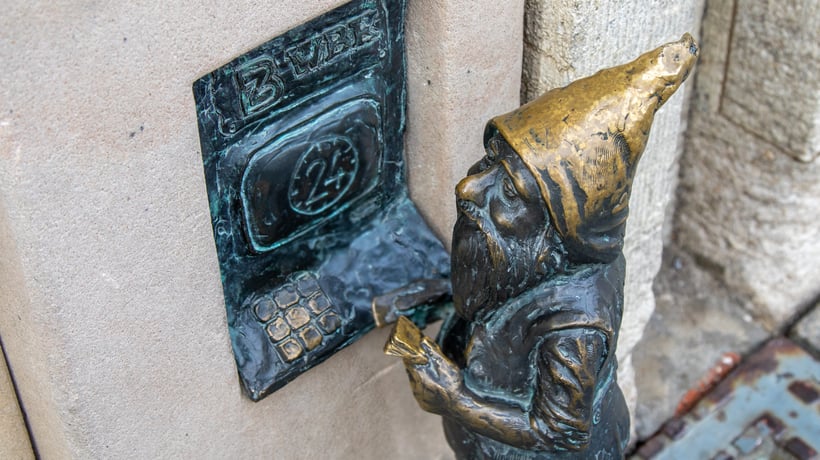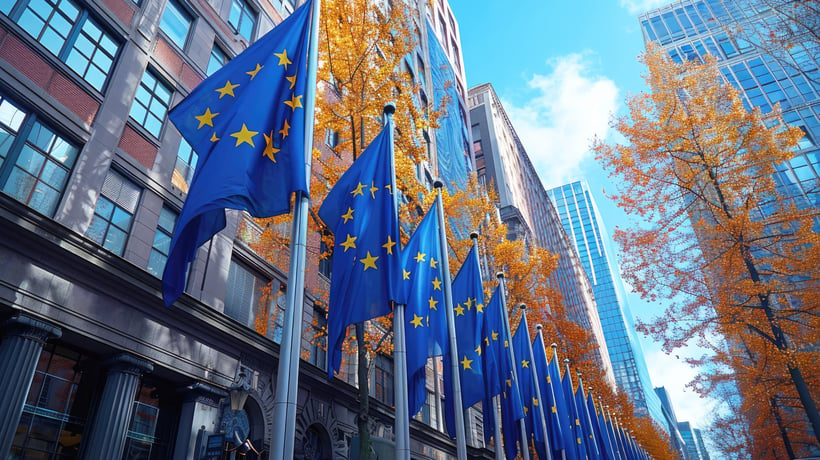Pre-school care in Wroclaw
The city has both public and private kindergartens and nursery schools, as well as kindergarten and nursery points, which differ in the form of care, group size and cost.
Nurseries
Nurseries are designed for the youngest children, usually from 6 months to 3 years. Wroclaw offers both public and private nurseries. Public nurseries are less expensive, but the number of places is limited, often requiring early registration. Private nurseries offer more flexible hours and a variety of educational programs, but their costs are higher.
Preschools
For older children, ages 3 to 6, public and private kindergartens are available. Public preschools are funded by the city, which means lower costs for parents. They offer standard educational programs in line with national guidelines. Private kindergartens often have a richer range of extra-curricular activities, modern teaching methods, and smaller groups, which encourages individual attention to the child, but this comes with higher fees.
Pre-school and nursery points
Pre-school and nursery points are smaller establishments that offer child care in a more intimate setting. They are usually run by private individuals or small organizations. Nursery points can offer preschool education on more flexible hours or on a half-day basis, which is convenient for parents who need non-standard hours of care. Nursery points, on the other hand, like daycare centers, are designed for younger children, but are often less formal in nature and can be run in smaller groups.
Supervision of nurseries, kindergartens and pre-school and nursery points in Poland, including Wroclaw, is exercised by various state and municipal institutions, depending on the type of institution.
Nurseries (state and private)
- Ministry of Family and Social Policy: Responsible for general regulations for the operation of nurseries at the national level. Regulates the conditions that establishments must meet, as well as the rules of supervision.
- City Hall of Wroclaw - Department of Health and Social Affairs: Oversees nurseries at the local level. Deals with registration of establishments, inspection of sanitary conditions, safety and compliance with legal requirements.
- Sanitary Inspectorate: The State Sanitary Inspectorate also inspects nurseries for hygiene, sanitation and food safety.
Kindergartens (state and private)
- Ministry of Education and Science: Responsible for creating regulations and educational standards applicable to all kindergartens in Poland.
- Board of Education in Wroclaw: Supervises kindergartens in terms of curriculum implementation, meeting educational requirements, teacher qualifications and compliance with educational regulations.
- Wroclaw City Office - Department of Education: Supervises state and private kindergartens in terms of local requirements, organization of kindergarten work and cooperation with parents.
Kindergarten points and nursery points
- Board of Education: In the case of kindergarten points, pedagogical supervision is exercised by the Board of Education, which controls the compliance of educational programs with current regulations and the qualifications of the staff.
- Wroclaw City Office - Department of Education: Supervises the registration and operation of preschool points, including compliance with local requirements.
- Sanepid: In the case of nursery points, the State Sanitary Inspectorate controls sanitary and hygienic conditions, as well as the safety of children.
These institutions play a key role in ensuring that all day-care centers operate in accordance with current regulations and standards for the safety and quality of child care.
Financial support for families and children in Poland
In 2024, families in Poland can benefit from several forms of financial support for children.
- The most popular benefit is the "800+" program, which provides a monthly subsidy of PLN 800 for each child under the age of 18.
-
Active in Nursery benefit: Parents of children attending nursery, children's club, or under the care of a daycare provider (if the facility is listed in the official register) can receive a benefit of approximately PLN 1,500 per month. It is payable until the end of the school year in which the child turns 3 (or 4 in special cases). The benefit is intended to support parents in returning to work or professional activity and to cover the costs of childcare.
- In addition, a "Good Start" (Dobry Start) program has also been introduced, which provides one-time support of PLN 300 for a school layette for each student.
The "Active Parent" (Aktywny Rodzic) program
Active Parent is an initiative aimed at supporting parents, especially mothers, to return to the labor market after a period related to childcare.
Key assumptions of the "Active Parent" program:
- Support in returning to work:The program offers assistance to parents who wish to return to professional activity after maternity, parental or parental leave.This includes career counseling, training and skill-enhancing courses, as well as job search assistance.
- Subsidies for child care: The program provides financial support for child care, such as covering the cost of a nursery, kindergarten or hiring a nanny, allowing parents to return to work more easily. The amount of funding under the "Active Parent" program can vary depending on the specific location and available funds. Typically, the subsidy covers some or all of the costs associated with child care, such as nursery, kindergarten or nanny care.
- Flexible forms of employment: The program promotes flexible forms of work, such as remote work, part-time work and flexible working hours, to make it easier for parents to combine work and family responsibilities.
- Upgrading skills: Parents can take advantage of training and courses to help them acquire new skills or upgrade their qualifications, which will improve their chances in the labor market.
Parents interested in participating in the program or programs can obtain more information from the Municipal Social Assistance Center (MOPS) in their place of residence.
In Wroclaw, MOPS representatives are located at Strzegomska 6 Street, among others, where You can get full information about available forms of support and application procedures.
Foreigners can receive benefits for children in Poland, but they must meet certain conditions.
Generally, benefits such as "800+", "Family Care Capital" or "Good Start" may be available to foreigners who:
- Legally reside in Poland - Must have a valid residence permit (e.g., a residence card) and the right to work on Polish territory.
- Live with their child permanently in Poland - Benefits are granted for children who reside permanently in Poland.
- Are citizens of European Union countries, the European Economic Area or Switzerland - In this case, they are entitled to benefits on the same terms as Polish citizens.
- Citizens of non-EU/EEA countries - They can receive benefits if they have the appropriate residence permit, which entitles them to work in Poland, and meet other requirements specified in the regulations.
- Each case is considered on a case-by-case basis, so foreigners who wish to apply for these benefits should contact the Municipal Social Assistance Center (MOPS) in their place of residence for details and to apply.
- The website of the Municipal Center for Social Welfare in Wroclaw: https://mops.wroclaw.pl/
- More information about international education in Wroclaw: here








